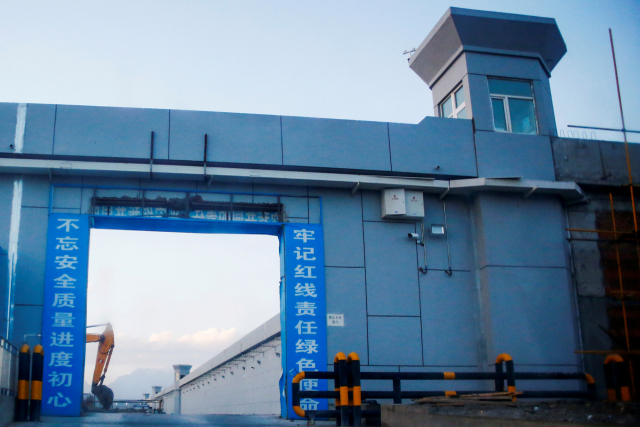22nd Foreign Ministers’ Meeting Approved and entered into force
SCMP “No choice for complete confrontation”
There seems to be no US-level high-intensity measures
 viewer
viewer
While the European Union (EU) is planning to sanction China over human rights violations, it is predicted that high-intensity sanctions like the United States will not be implemented. It is said that it will not go to the level of sanctions imposed by the United States, such as a ban on imports of products using cotton made from kidneys.
On the 17th (local time), the Hong Kong South China Morning Post (SCMP) reported that the EU would not choose the path of complete confrontation with China, citing a European diplomat. In the future, Chinese officials involved in the crackdown in Xinjiang will take measures to freeze assets and refuse visas, but the scope is not expected to be wide.
Currently, EU ambassadors to the EU in 27 EU member states have agreed to impose sanctions on one group with four Chinese officials involved in the suppression of Uighurs in Xinjiang, China. The sanctions will take effect upon approval at the meeting of the foreign ministers of EU member states on the 22nd. Accordingly, EU Chinese Ambassador Zhang Ming made it clear that he would not cross the line, saying, “The public sanctions are confrontation.”
The sanctions are the first to apply to China a system that the EU introduced last year to promote global human rights. The EU is firm on the outside but is uncomfortable on the inside. Unlike former President Donald Trump, who was on the path of diplomatic independence, the Joe Biden administration demands participation and cooperation. However, in the past four years, trust in the United States has been extremely damaged, and the atmosphere is still wary of getting too close to the United States.
A diplomat from an EU member state said, “It was easy to say’no’ to the US during President Trump, but now it is getting more and more difficult.” “The US is still in a confrontation mode, but the EU does not expect to choose a complete confrontation with China.” Another diplomat compared the change in foreign policy to the break of a large tanker, saying, “It is like an oil tanker that has to run 3km to stop. A sudden change in foreign policy is not an option.”
Therefore, the prospect that the EU will not impose economic sanctions on China, such as banning the import of products made from Xinjiang, is predominant. It is predicted that it will take years for the EU to re-record the growth rate before the novel coronavirus infection (Corona 19), and it is highly likely that sanctions that could affect the overall trade with China, the largest trading partner, will not be invoked.
The Corona 19 vaccine is also a factor that makes the EU uncomfortable. While Europe is struggling with a shortage of vaccines, some EU member states, such as Hungary and Poland, are trying to introduce Chinese vaccines independent of whether or not they have been approved by EU health authorities.
Nick Marlow, head of trade at Economist Intelligence Group, said, “The dialogue between the EU and China has always resulted in the economy and new growth engines.” “The economy does not predominate human rights, but now trade expansion is more important to the EU.” did.
/ Reporter Maeng Joon-ho [email protected]
< 저작권자 ⓒ 서울경제, 무단 전재 및 재배포 금지 >
